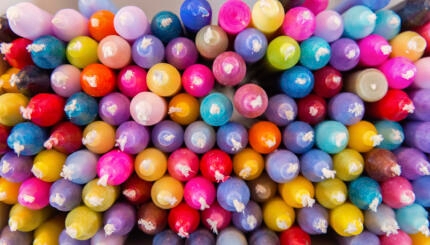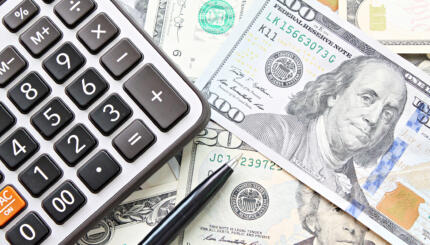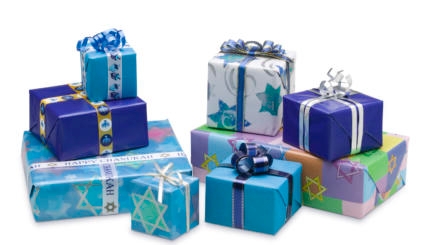All normal labors are permitted on all days of Hanukkah except when it coincides with Shabbat. This is because Hanukkah is a minor holiday and not a chag, a festival on which certain labors are prohibited.
The Torah prohibits labor on both Shabbat and certain holidays. The prohibition against labor on Shabbat is in fact one of the Ten Commandments, and specific labors are mentioned elsewhere in the Torah, including: laboring in the field (Exodus 34:21), gathering sticks (Numbers 15:35) and lighting a fire (Exodus 25:3). The sages of the Talmud outlined a complete set of forbidden labors — 39 categories in all — based on the work that was done to construct the Tabernacle in the wilderness. A major tenet of Jewish observance for millennia now has been abstaining from labor on the Sabbath.
The laws concerning labor on major holidays are similar. Most labors that are forbidden on Shabbat are also forbidden on Rosh Hashanah, Yom Kippur and the first and final days of Passover, Shavuot and Sukkot. There are a few exceptions made for preparing foods. Labor is permitted on the intermediate days of Passover and Sukkot, called hol hamo’ed, though here too there are some limits in place. However, on minor holidays like Purim and Hanukkah, there is no prohibition on labor. One may go to work, use electricity, cook meals and otherwise go about normal routines on this day.
However, because Hanukkah is eight days long, there is always one day that overlaps with Shabbat. In this case, the normal labors of Shabbat are forbidden. This transforms Hanukkah practice slightly on the Friday and Saturday of Hanukkah. Because lighting a fire is forbidden on Shabbat, the timing of lighting Hanukkah candles is slightly adjusted. On most days, Hanukkah candles are ideally lit right after sundown, though they can be lit later into the night. On Friday night, however, Hanukkah candles are lit just before sundown and before Shabbat candles are lit (normally in the 18-minute window that precedes sundown). On Saturday night, Hanukkah candles may not be lit until Shabbat is over, meaning after Havdalah is made, when three stars are visible in the sky or, alternatively, 45 minutes after sundown. (There is some disagreement about the precise number of minutes in that window.)

Help us keep Jewish knowledge accessible to millions of people around the world.
Your donation to My Jewish Learning fuels endless journeys of Jewish discovery. With your help, My Jewish Learning can continue to provide nonstop opportunities for learning, connection and growth.



